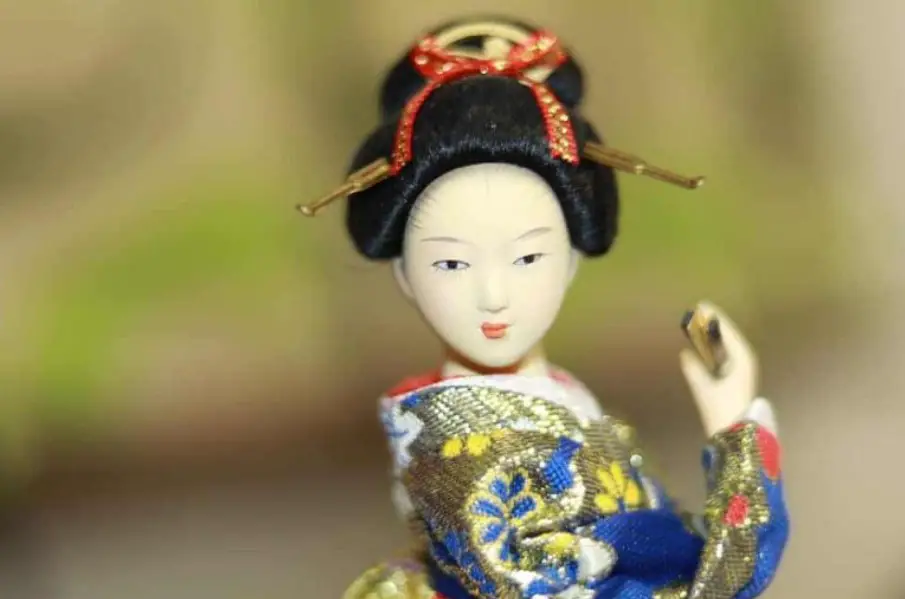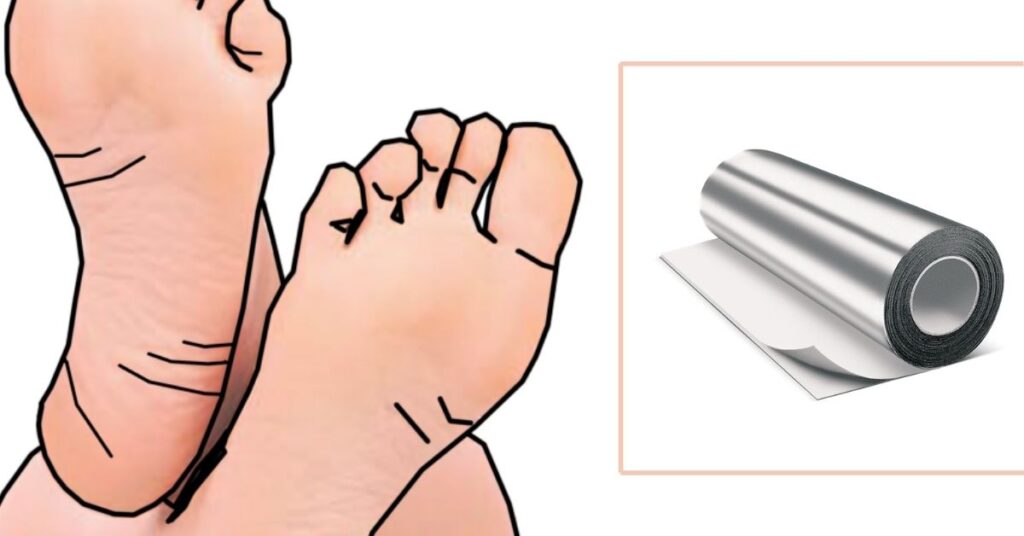There are about 6900 islands in Japan. The most popular islands, which comprise about 97% of the country, are Hokkaido, Honshu, Kuyshu, and Shikoku.
Although the country is mainly mountainous, people tend to live on the coastline. Even though during the Edo era the Japanese culture was influenced by China, later Japan adopted cultural practices from all over the world. Therefore, there are two religions in Japan. Buddhism, a religion imported from China in the 6th century, and Shinto, a Japanese religion.
Many countries have been inspired by the Japanese culture and lifestyle. They tend to make Japan a better place for leaving. Moreover, Japanese women look healthy, vital, and youthful.
In addition, manners play an important role in Japanese culture. People always greet each other on the street by bowing or nodding their heads. Nevertheless, shaking hands in Japan is not a common practice.
Moreover, giving gifts is a common practice in Japan. However, Japanese people avoid giving a set of four gifts, because the number four has the same pronunciation as the word death.
There are many traditions in Japan related to rituals, ceremonies, celebrations, holidays, religion, business, politeness, and life.
20 important life components of Japanese culture
1. Eating on the go is avoided
Japanese people think that eating on the go is not polite and they tend to avoid doing it. They think that eating is a sacred ritual, which recharges and energizes the body.
2. Healthy cooking methods
In general, Japanese people have four cooking methods: mushimono, which represents steaming, agemono, which is similar to frying, nimino, which means boiling, and yakimono, which means broiling.
3. Cooking at home
Japanese people prefer cooking at home and avoid consuming carbs, unsaturated, and unhealthy food. Their diets are rich in minerals, vitamins, and other healthy nutrients.
4. Green tea consumption
Green tea is considered the healthiest drink, which offers numerous health benefits thanks to its high content of antioxidants and healthy nutrients.
By consuming green tea, you can reduce inflammation, lose weight, improve digestive processes, regulate body temperature, improve heart health, enhance mental health, and reduce high blood pressure and cholesterol.
5. Consuming seafood
Japanese cuisine contains a lot of seafood and various types of shellfish, eel, fish, squid, and octopus used in combination with tempura, curry, salad, and sushi.
Seafood is rich in protein, vitamin B, vitamin D, minerals, omega-3 fatty acids, and other healthy nutrients.
Therefore, consuming seafood offers numerous health benefits, as it reduces the risk of cardiovascular diseases, such as heart attack, stroke, arrhythmia, soothes arthritis pain, treats depression and anxiety, reduces the risk of macular degeneration, and promotes brain development in babies and children.
6. Wasabi
Wasabi is a plant that is commonly added to traditional Japanese cuisine. It is rich in protein, fiber, zinc, magnesium, calcium, iron, potassium, sodium, vitamin A, vitamin B, and vitamin C, but it is low in saturated fats and calories. Wasabi can be used to prevent numerous health issues, such as digestive issues, gut disorders, and weight gain.
7. Smaller portions
A typical Japanese meal contains a staple food, such as noodles or rice, a main dish, such as beef, pork, chicken, or fish, and a side dish, such as miso soup or pickled vegetables.
8. Fermented food
Fermented drinks, such as kombucha and kefir, and fermented foods, such as yogurt, kimchi, sauerkraut, miso soup, and pickles are rich in healthy enzymes, vitamin A, vitamin B, vitamin C, probiotics, and omega-3 fatty acids.
Also, this type of food can be used to treat numerous health conditions and diseases, such as irritable bowel syndrome, ulcerative colitis, diabetes, allergies, cognitive function, obesity, and mental disorders.
9. Walking
Japanese people prefer walking, as it enhances the function of the heart and lung, reduce the risk of heart attacks and strokes, reduce high blood pressure, soothe joint and muscle pain, reduce high cholesterol, and prevent diabetes.
10. Happiness
Japanese women respect the concept of happiness and self-fulfillment, which come from within and bring joy. Japanese people strive for things that make them satisfied and happy.
11. Regular physical exercise
Japanese people want to slow down the process of aging, and they walk regularly, stay active, go to the gym, and avoid sedentary life.
12. Martial arts
Martial arts, such as Sumo, Laido, Aikido, and Karate, are common practice in Japan. They increase the endurance, stamina, strength, and flexibility of the body. Moreover, martial arts improve mood and teach us valuable lessons.
13. Hot baths
Hot baths, known as onsen, are common practice in Japan. There are different types of hot baths depending on the dissolved minerals in the bath.
Also, hot baths relieve pain, promote relaxation, treat skin issues, soothe stress, improve blood circulation, enhance sleep quality, and so on.
14. Healthy desserts
Japanese people eat healthy desserts, which are low in sugar, but rich in beans, rice, and fruits. Pumpkin pie, squash, fruit sandwiches, and mocha are some of the common Japanese desserts.
15. Stress management
Chronic stress can cause heart diseases, obesity, diabetes, and other physical conditions. To treat stress, Japanese people go shopping, spend time with friends, go on excursions, and so on.
16. Nature
Children are learnt to live in harmony with nature and nurture it. Japanese people tend to go to the countryside to reduce stress and calm down.
17. Work productivity
Japanese people are proud of their hard work. Every worker is rewarded for his work. Therefore, people are motivated to invest their efforts and contribute to a healthy economy and industry.
18. Skincare routines
Japanese women look vital, youthful, and slim thanks to the skincare routines they practice. Also, hygiene is very important in their culture. Therefore, Japanese women invest in facial massages and skin treatments.
19. Regular social gatherings
Japanese people enjoy spending time with their friends and going out. Social gatherings help them prevent dementia and age-related illnesses.
20. A universal healthcare system
Healthy is a priority in Japan, which means that every person has healthcare covered by the country. As healthcare is free for everybody, people do regular checkups of their health.








